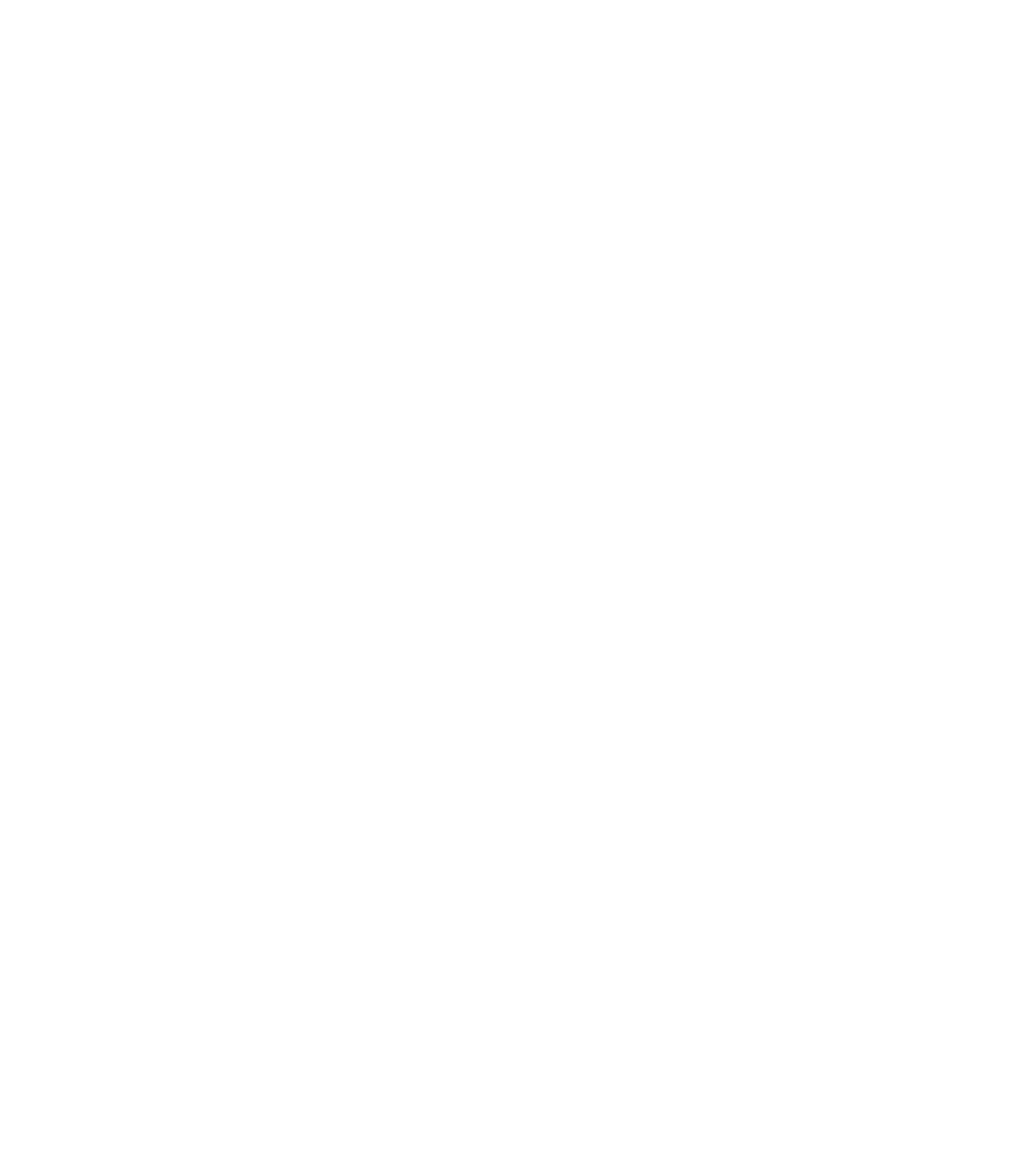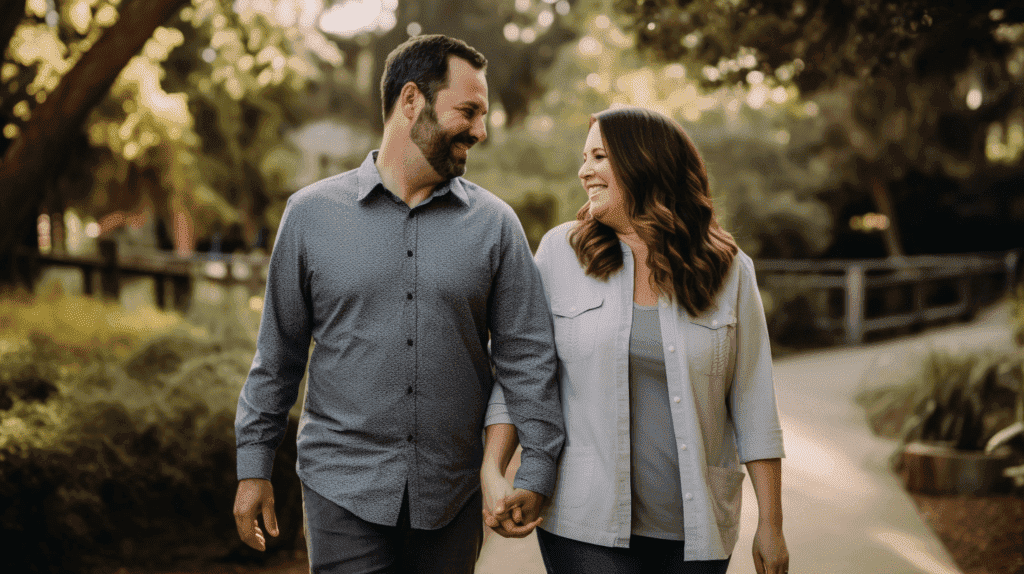Couples therapy is a specialized form of psychotherapy designed to help couples address and resolve conflicts, improve communication, and strengthen their bond. As a mental health counselor, I have witnessed the many advantages of couples therapy firsthand. In this article, we will explore these benefits and discuss how engaging in couples therapy can contribute to building a healthier, more satisfying relationship.
The Advantages of Couples Therapy
Improved Communication Skills
One of the primary advantages of couples therapy is the development of better communication skills. This includes:- Active listening techniques: Therapists teach partners how to listen carefully and attentively, allowing each person to feel heard and understood.
- Expressing emotions and needs effectively: Couples learn to articulate their thoughts and feelings clearly and respectfully, reducing the likelihood of misunderstandings.
- Conflict resolution strategies: Partners develop methods for resolving disagreements in a constructive manner, promoting a more harmonious relationship.
Enhanced Emotional Connection
Couples therapy also helps partners deepen their emotional connection:- Rekindling intimacy and affection: Therapy provides opportunities for couples to express and explore their feelings, fostering a renewed sense of closeness.
- Deepening understanding of each other's emotional needs: By delving into their individual needs, couples gain a better understanding of how to support and care for one another.
- Strengthening the bond between partners: As couples work through their issues, they often develop a stronger emotional bond and a greater appreciation for their partnership.
Addressing Underlying Issues
Couples therapy can also help address the root causes of relationship problems:- Identifying and resolving past traumas: By exploring past experiences, couples can work together to heal and move forward.
- Uncovering patterns of behavior that contribute to relationship problems: Therapists help partners recognize unhealthy patterns and develop new, healthier ways of interacting.
- Developing healthy coping mechanisms: Couples learn strategies for managing stress and coping with difficult emotions, leading to a more resilient relationship.
Building Trust and Commitment
A strong foundation of trust and commitment is essential for a healthy relationship:- Establishing a safe environment for vulnerability: Therapy provides a supportive space for partners to be open and honest about their thoughts and feelings.
- Encouraging honesty and openness: Couples learn the importance of transparency and develop the skills necessary for open, truthful communication.
- Nurturing a strong foundation for long-term partnership: As trust and commitment grow, couples build a more secure and lasting relationship.
Personal Growth and Development
Couples therapy can also lead to personal growth and development for both partners:- Gaining insight into individual strengths and weaknesses: Through self-reflection, partners learn more about themselves and how they contribute to the relationship.
- Encouraging self-awareness and personal growth: Couples therapy helps individuals recognize areas for improvement and develop strategies for personal development.
- Promoting a growth mindset within the relationship: By embracing change and striving for growth, couples create a more dynamic, adaptive partnership.
The Process of Couples Therapy
Selecting the Right Therapist
Finding the right therapist is crucial for the success of couples therapy:- Finding a licensed mental health professional: Ensure that the therapist has the appropriate credentials and experience to provide effective couples therapy.
- Assessing compatibility with the therapist: It's essential to feel comfortable with and trust the therapist, as this fosters a more open and productive therapeutic environment.
- Evaluating the therapist's approach to couples therapy: Different therapists may have different approaches to couples therapy, so it's important to find one that aligns with your needs and preferences.
Setting Goals for Therapy
To make the most of couples therapy, it's important to establish clear goals:- Identifying specific areas of improvement: Determine the key issues you want to address during therapy, such as communication, trust, or intimacy.
- Establishing realistic expectations: Understand that progress may be gradual and that some issues may take longer to resolve than others.
- Defining success within the context of the relationship: Establish what success looks like for your relationship and use this as a benchmark for measuring progress.
Navigating Therapy Sessions
Being prepared for therapy sessions can help make them more effective:- The structure of couples therapy sessions: Sessions typically last around 50-60 minutes and may include individual and joint discussions with the therapist.
- Engaging in open and honest conversations: Be prepared to share your thoughts and feelings openly during sessions, as this fosters a more productive therapeutic environment.
- Collaboratively working on assignments and exercises: Therapists may assign exercises or activities to complete between sessions, which can help reinforce the skills learned during therapy.
Preparing for Couples Therapy: Tips and Best Practices
Managing Expectations and Being Open to Change
Embracing change and managing expectations are key components of successful therapy:- Understanding that therapy is a process: Recognize that change takes time and that progress may not always be linear.
- Accepting that change takes time and effort: Be patient with yourself and your partner as you work through the process, and be open to the possibility of growth.
- Embracing the journey of personal and relationship growth: View therapy as an opportunity to learn, grow, and strengthen your bond as a couple.
Practicing Self-Care and Self-Compassion
Taking care of yourself is essential for a healthy relationship:- Prioritizing self-care activities: Engage in activities that promote well-being, such as exercise, meditation, or hobbies.
- Developing a self-compassionate mindset: Cultivate an attitude of kindness and understanding toward yourself, recognizing that everyone makes mistakes and has room for growth.
- Recognizing the importance of individual well-being within the relationship: Understand that taking care of yourself is essential for maintaining a healthy, balanced partnership.
Fostering a Supportive Environment
Creating a supportive environment is crucial for the success of couples therapy:- Encouraging open communication and mutual support: Foster a climate of trust and understanding, allowing for open and honest dialogue between partners.
- Validating each other's feelings and experiences: Acknowledge and empathize with your partner's emotions, even if you don't always agree with their perspective.
- Creating a safe space for vulnerability and growth: Ensure that both partners feel comfortable sharing their thoughts and feelings without fear of judgment or criticism.

